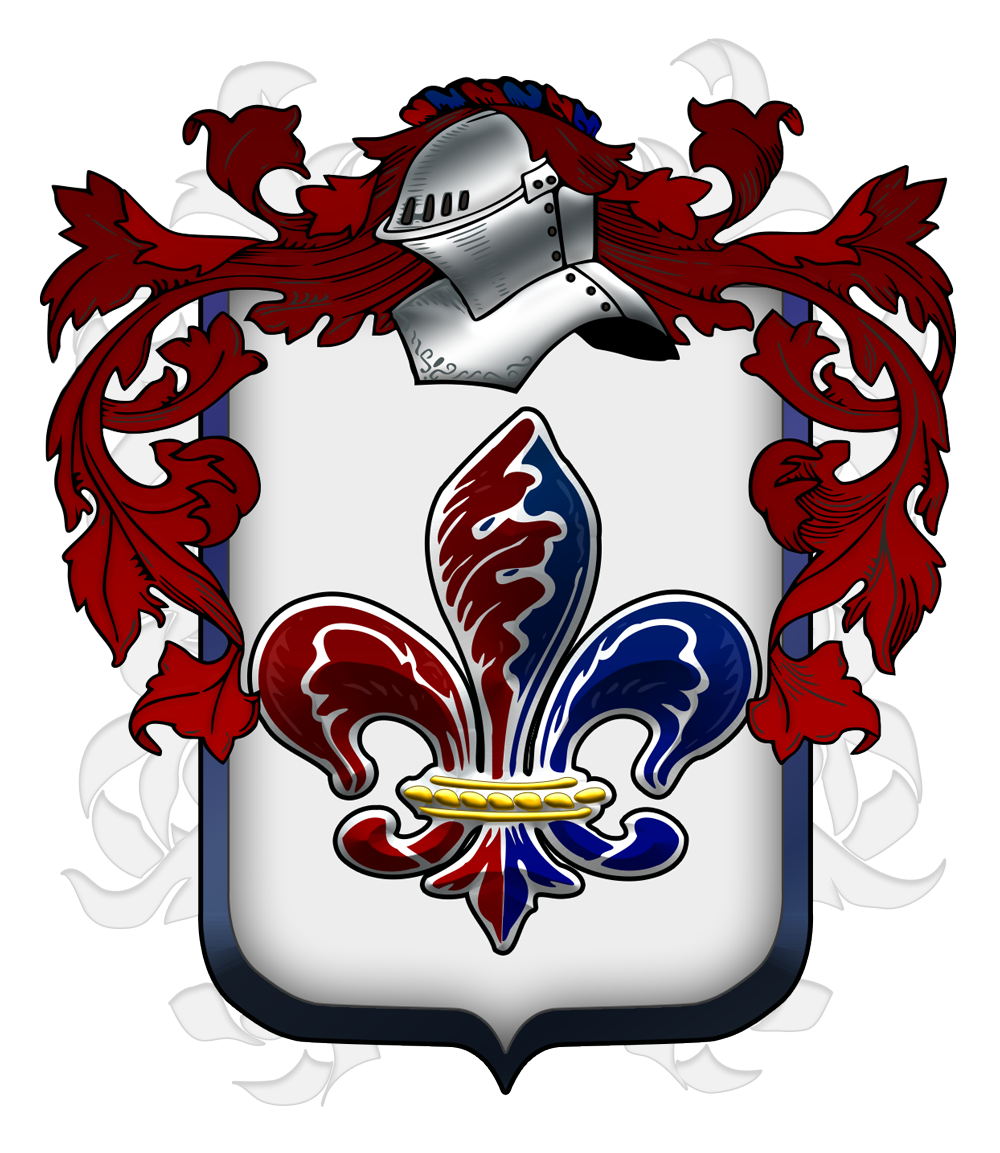Sir Ken Dodd, the last of the great British music hall comedians, has been laid to rest in the family grave at Liverpool’s Allerton Cemetery.
Dodd was born in Thomas Lane, Knotty Ash in 1927. The son of a coal merchant, he attended the Holt School (now Childwall Sports College) until he was fourteen years old before joining his father in his profession. Dodd’s parents were both very supportive of his ambitions to be an entertainer. His mother allowed him to do what he wanted providing he wore a clean shirt and his father bought him a ventriloquist dummy.

It was whilst working as a door to door disinfectant salesman that Dodd developed his act, which he then practiced around the clubs of Liverpool and Birkenhead. His professional stage debut was in September 1954 in Nottingham when he appeared as Professor Yaffle Chucklebutty, operatic tenor and sausage knotter. Dodd later reflected that it must have gone well as he didn’t get booed off. By the following summer he was on Blackpool’s Central Pier and went on to spend the rest of the decade appearing in summer seasons and pantomime in summer resorts around the country.
In 1965 Dodd undertook a record breaking 42 week run at the London Palladium, playing twice a night and three times on Saturdays. He also topped the pop charts with Tears and he recorded four top ten hits. He became an OBE in 1982. He wowed audiences with his tales of Knotty Ash, a place of jam butty mines and diddy men. Despite earning enormous fees, he never went on holiday and always tried to avoid staying in hotels always trying to return to his Knotty Ash home.
Dodd was less in demand for television performances by the 1980s but this allowed him to do what he did best; pack out theatres up and down the country. He kept careful notes of all his jokes and where they got the best reactions and his performances could last for four or five hours. At the end of the decade though he faced criminal charges for false accounting, leading to a trial that laid bare intricate details of his private life which he had fought so hard to protect.
After being acquitted Dodd had a strong of new jokes, such as him not believing he owed a penny to the Inland Revenue as he lived by the seaside. He became in demand for television again and twice recorded ‘An Audience With’. He was given the Freedom of Liverpool in 2001 and continued to perform, saying he wouldn’t know what to do if he retired. He was far more intelligent than he was given credit for, being extremely well read. He could come up with some simple philosophical phrases too that made so much sense, such as not putting off until tomorrow what you can do today, as if you enjoy it, you can then do it again tomorrow.

In 2017, the year of his 90th birthday, Dodd finally got his long overdue knighthood. His milestone birthday was celebrated at Liverpool Town Hall, where jam butties were on the menu. In January 2018 however he entered hospital with a chest infection, remaining there six weeks. On discharge he said he was determined to get his legs working again and back on stage, but he passed away on 11th March in the house where he was born.
Two days before his death, Dodd married his long term partner Anne Jones, who he had been with since 1978. His first fiancee Anita Boulin died in 1977 from a brain tumour. Dodd always expressed regret that the couple had never had children together. Floral tributes and cards were left outside Dodd’s home and his horse drawn funeral courtege on 28th March set off from nearby Alder Hey hospital. After a public service at Liverpool Cathedral, he was interred in a family plot at Allerton Cemetery.


